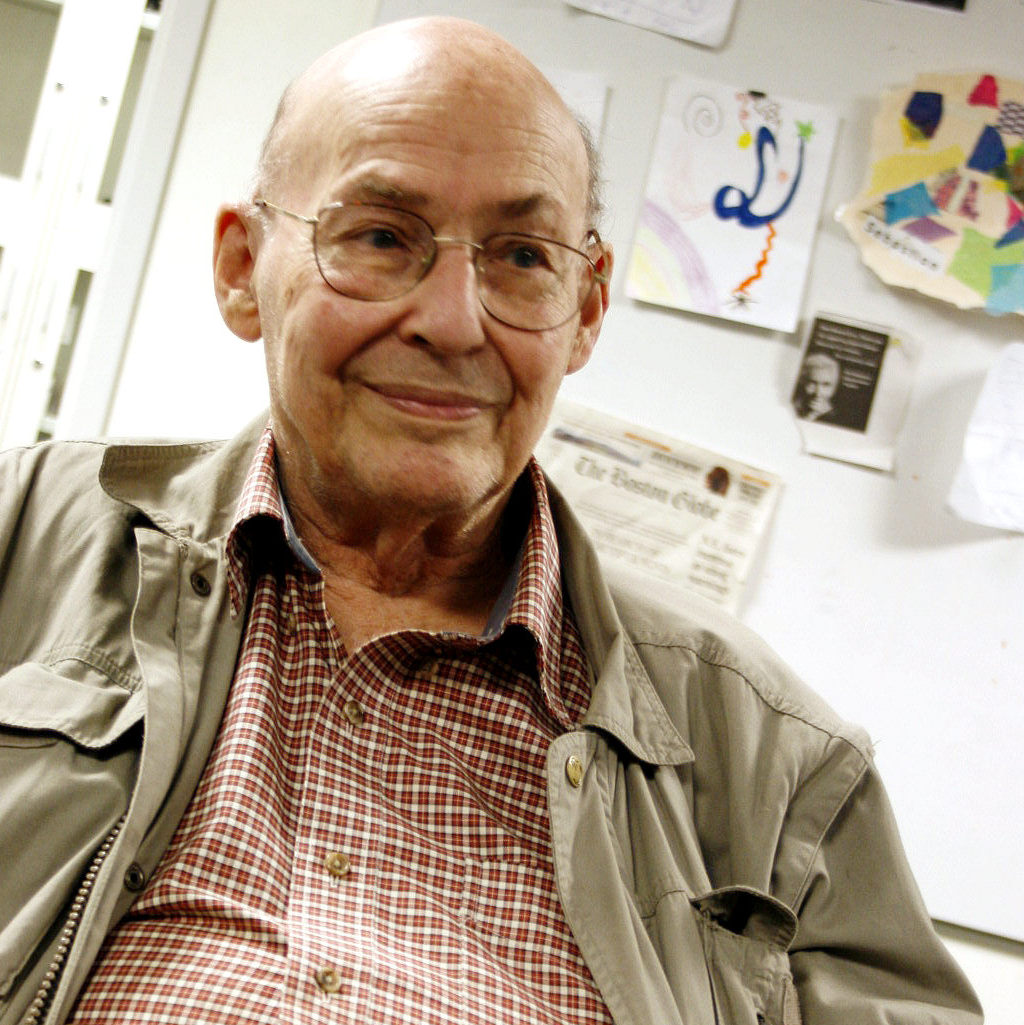I’ve been working on my thesis app this whole time in the serene knowledge that there’s very little precedent for what I’m trying to do. However, I just learned that I’m wrong, that there’s an app out there with a lot of broad similarities to mine: Loopseque, made by Casual Underground. At first glance, I was alarmed; had I been scooped? Has all my work been in vain? The superficial similarities are hard to miss:
Music students and maker culture
For Alex Ruthmann’s class, we’re reading Music, Meaning and Transformation: Meaningful Music Making for Life by the late Steve Dillon. If you can get past the academic verbiage, there’s some valuable technomusicology here, and some tremendous advocacy resources too.

Radial drum machine update
I’m planning to be done with my thesis by (gulp) December. My collaborator Chris and I got a basic prototype of the radial drum machine together over the summer using Max and Javascript. What we learned is that you don’t want to do an audio app in Max and Javascript, since it will be single-threaded and slower than molasses in January. Since then, we’ve been building the iOS version, which is going to include more features and be closer to the version I have in my head.
Designing music learning experiences with technology
This semester I’m working as a research assistant to Alex Ruthmann at NYU. The job includes helping him with a new joint music education and music technology class, Designing Technologies & Experiences for Music Making, Learning and Engagement. Here’s the bibliography. The central class project is to create a music education technology experience — a lesson plan or classroom activity, a piece of software or hardware, or something outside those categories.
Everyone in the class has to maintain a blog documenting their design process. (Wouldn’t it be cool if every teacher of everything had their students blog about their class work?) My music education experience design is going to be my thesis, which I’m already blogging about. So instead I’ll use these posts for some public-facing note taking.
Continue reading “Designing music learning experiences with technology”
Hi people in Alex’s class
Rather than starting a new blog from scratch, I’m going to use my existing blog. My posts related to this class will have the tag “music ed tech.” I also use the blog for a lot of other stuff. If you need blog or web help and Alex is busy, I can help you too.
Why isn’t repetitive music boring to listen to?
A Quora user asks why we don’t get bored when listening to repetitive music. This is related to the equally interesting question of why we can play repetitive music without getting bored. Why is there so much joy in repetition?
Humans are pattern recognizers. You’d think that once you’d learned the pattern of a repetitive piece of music, it would quickly get boring, and then annoying. Sometimes, that is in fact what happens. I don’t enjoy Philip Glass’ music; it makes me feel like I’m stuck in the mind of someone with severe obsessive-compulsive disorder. But I adore James Brown and Fela Kuti, and my iTunes library is stuffed with loop-based hip-hop and electronica. So what’s going on? Why do I find Philip Glass annoying, but not James Brown?
Continue reading “Why isn’t repetitive music boring to listen to?”
Hereditary units in music
Another thought-provoking Quora question: Are there any hereditary units in music? The question details give some context:
In his blog post “The Music Genome Project is no such thing,” David Morrison makes an edifying distinction between a genotype and a phenotype. He also makes the bold statement “there are no hereditary units in music.” Is this true?
Morrison’s post is a valuable read, because it’s so precisely wrong as to be quite useful in clarifying your thinking.

My process of composing music
Quora user Jennifer Ha asked me: What is your process of composing music? She goes on:
For me I have to wait for the right inspiration given to me very irregularly. But it seems others can compose with chords deliberately. How do you compose, and do you feel proud of it all the times (i.e. know you couldn’t have done better)?
I have two methods of composition: improvisation and collage. I use the computer for both. At the moment, my software of choice is Ableton Live. Before that I mostly used Pro Tools and Reason. It’s been a long time since I “composed” something on a piece of paper (except for music school assignments.)
Minsky on music
Music, Mind and Meaning by Marvin Minsky is a gold mine of inspired speculation about the origins and functions of music. I’ve assembled some choice quotes below.
If visual art is our way of playing with and studying space, then music is our way of playing with and studying time.
Can one time fit inside another? Can two of them go side by side? In music, we find out!
Minsky is talking mostly about western classical music here, but his insight is equally pertinent to listening to and playing repetitive music from any tradition: hip-hop, dance, what have you.
Listening like a musician
The jazz educator Marc Sabatella, author of the classic Jazz Improvisation Primer, has a nice philosophical approach: all of us are musicians. Some of us are performing musicians, and some are listening musicians. I support this attitude wholeheartedly. I think that musicality is like walking and talking: almost everyone is born capable of learning how to do it. In Western civilization, we’ve developed this unfortunate idea that music is best left to a few highly specialized professionals, and that everyone else should just consume it passively. This is wrong. If you want to be a listening musician, all you have to do is learn to listen actively and imaginatively. All the technical stuff follows out of that.




